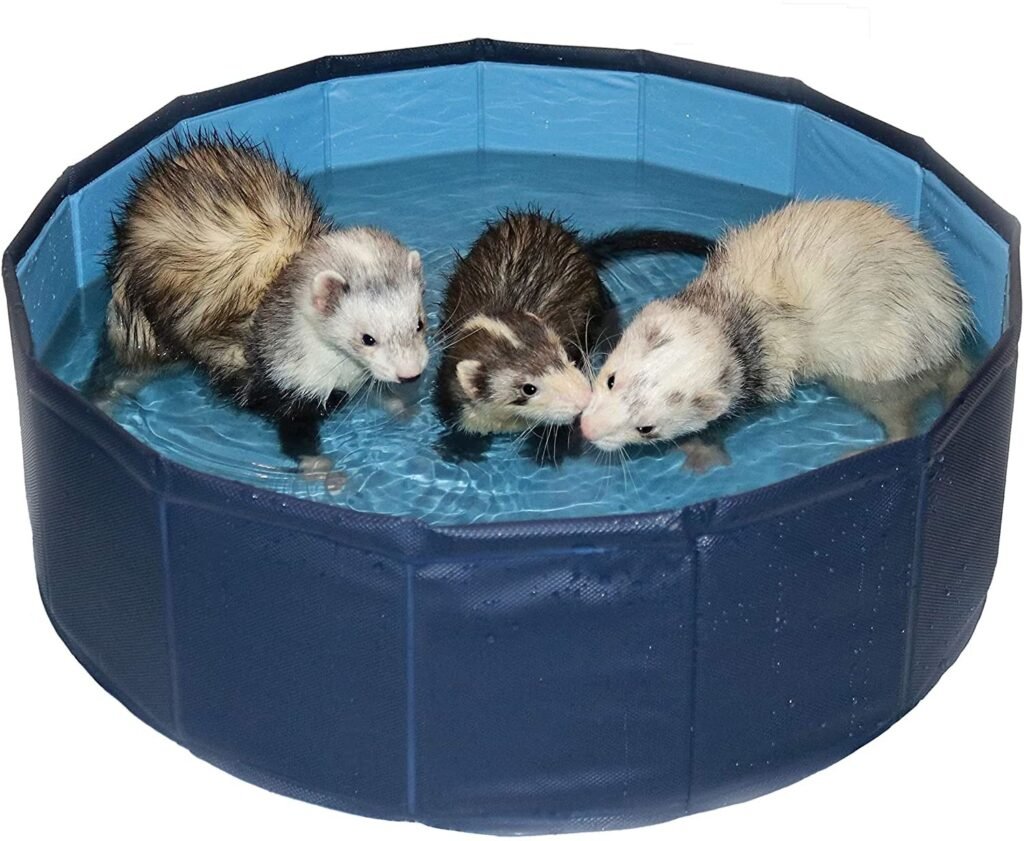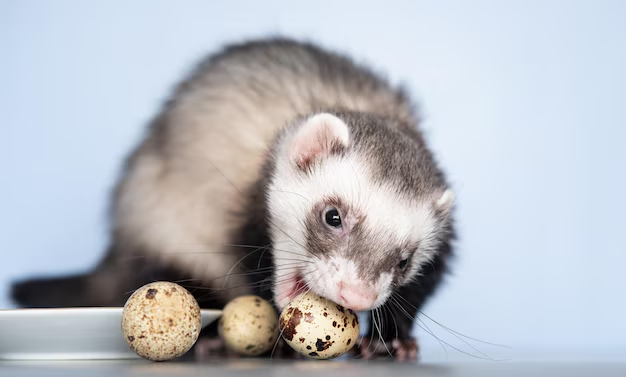Introduction
Ferrets are curious, playful, and full of personality—but how do you know if your ferret is truly happy? Whether you’re a new owner or a longtime ferret parent, understanding your furry friend’s behavior is key to keeping them healthy and content. In this guide, we’ll explore five clear signs that show your ferret is thriving—and a few extra tips to keep that happiness going strong.
Not sure if your ferret is feeling their best? Learn how to recognize the top signs of a happy ferret and discover easy, beginner-friendly ways to support your pet’s well-being. Perfect for those looking to master ferret care, boost ferret health, and build a joyful bond with their pet.
1. Energetic and Playful Behavior

A happy ferret is full of energy and loves to explore, chase toys, or do the infamous “weasel war dance.” If your ferret zooms around the room or hops with joy during playtime, they’re likely feeling great.
2. Healthy Appetite and Hydration

Ferrets that are happy and well-cared for usually have a good appetite. They eat their food, drink water regularly, and show interest in treats. Sudden changes in eating or drinking habits may signal stress or illness.
3. Bright Eyes and a Glossy Coat

Visual signs of happiness often appear in a ferret’s appearance. Clear, bright eyes, clean ears, and a shiny, soft coat show that your ferret is in good health. A dull coat or unusual discharge may be worth a vet visit.
4. Consistent Sleeping Patterns

Ferrets love their naps—they sleep up to 18 hours a day! A happy ferret will have a predictable sleep cycle and wake up ready to play. Irregular sleep, constant hiding, or lethargy may be a sign something’s off.
5. Seeks Social Interaction

Ferrets are social animals. A happy ferret enjoys your company, follows you around, and may even paw at you for attention. They may also get along well with other ferrets and engage in mutual grooming or cuddling.
Conclusion
Ferrets are small, but their emotional world is big. Paying attention to their behavior and health signs can make a world of difference in their happiness. With these tips, you’re better equipped to read your ferret’s mood and meet their needs joyfully. A happy ferret isn’t just more fun—they’re healthier, too. So keep playing, bonding, and loving your fuzzy friend every day.
Frequently Asked Questions
1. How do I know if my ferret is sick or just tired?
If your ferret is sleeping more than usual but still eats, drinks, and plays, they’re probably just being a ferret! However, if they seem lethargic, lose appetite, or hide constantly, consult your vet.
2. Can I keep just one ferret?
Yes, but ferrets are social and often thrive better in pairs or small groups. If you’re home a lot and can offer lots of interaction, one ferret can still be happy.
3. What toys make ferrets the happiest?
Ferrets love tunnels, balls, crinkle toys, and anything they can chase or hide in. Rotate toys weekly to keep playtime fresh and stimulating.
4. How often should I clean my ferret’s cage?
Spot clean daily and do a deep clean weekly. Clean bedding, replace litter, and wipe down surfaces to maintain hygiene and prevent odor.
5. Why is my ferret biting?
Nipping is normal during play but should be gentle. If your ferret bites hard, they may be scared, overstimulated, or need more training. Redirect with toys and reward gentle behavior.
